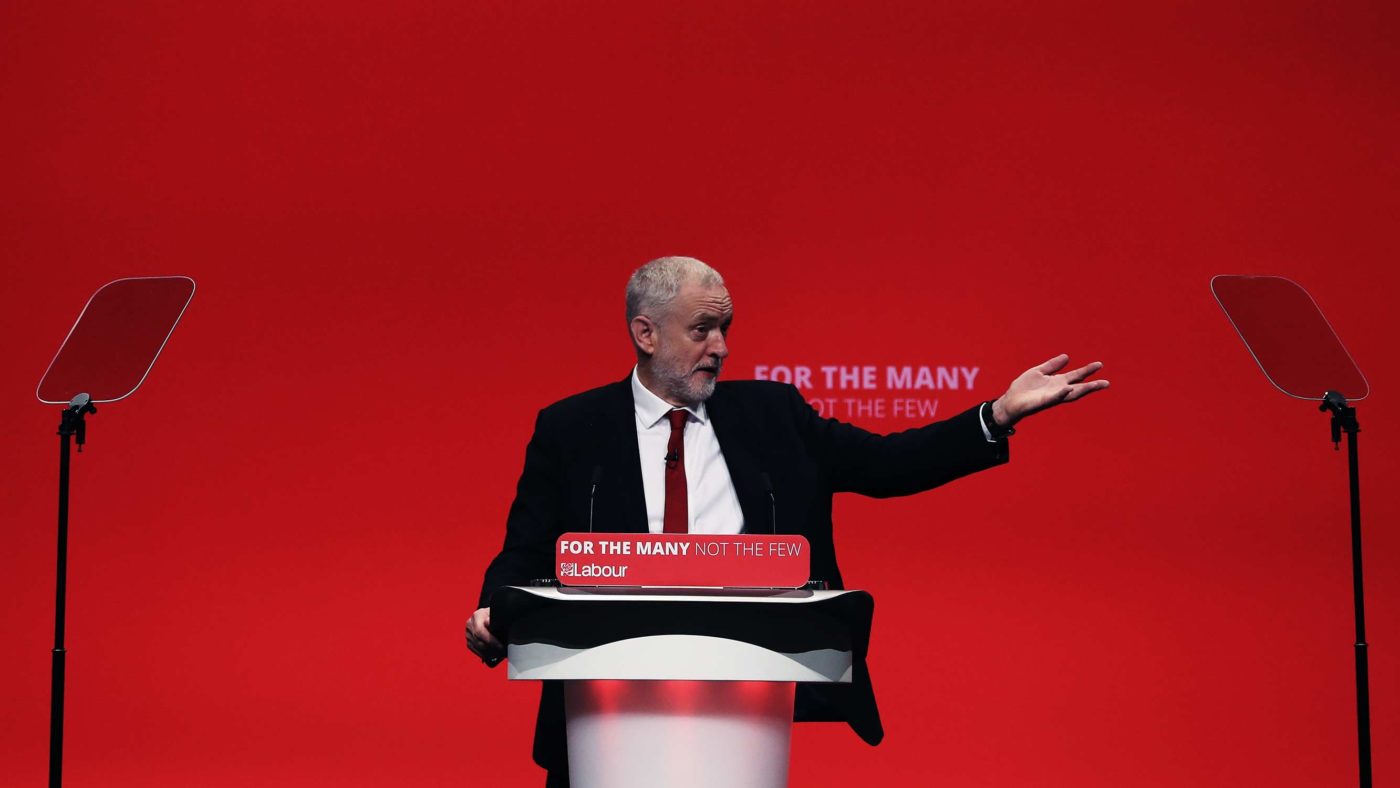The combination of Theresa May’s surprise Phase One Brexit deal, and a subsequent poll by YouGov putting the Conservatives one percentage point ahead of Labour on 42 per cent, suggest the tantalising prospect that Jeremy Corbyn’s popularity has peaked.
A reasonably competent Budget, so the narrative goes, the fact that Brexit is stumbling on, and the commendable stamina of the Prime Minister, means the worst is over for the Conservative party, which has been on its knees since the election.
I am not so sure. If you look at the local by-election results, you get a very different picture: the Lib Dems are back. They have won a slew of unnoticed little victories, including in the Surrey market-town of Godalming this week, where they took the ward of Godalming Central and Ockford on 37.8 per cent of the vote, after the Conservative vote dropped by 6.5 points to 35 per cent.
Since the General Election in June, there have been about 150 local by-elections; 32 wards of which changed hands. The Lib Dems have won 16 and of those, taking nine from the Conservatives and only three from Labour.
One should be careful about extrapolating too much from local elections scattered across the country. But the return of the Lib Dems in Conservative areas – presumably fuelled by defecting middle-class Remainers – does mean it is possible that if a General Election were called today, the Conservatives would do worse than they did in June.
That said, something about Jeremy Corbyn’s conduct and that of his party in recent weeks does provide a glimpse of his political mortality. Hubris, money, questions about potential election fraud and social divisiveness have started to make themselves evident.
A whiff of arrogance is gathering about Mr Corbyn. I was very struck by his attack on Morgan Stanley two weeks ago. Not because he indulged in a bit of the usual banker-bashing, but because at one point he proclaimed excitedly “We are the Government-in-waiting.” The threat to move the Bank of England to Birmingham also suggested a sense of entitlement which the electorate may not find attractive.
The public finance companies have also used their financial statements to indicate the cost of nationalising the public services they manage, which have protection and break clauses. According to the John Laing Infrastructure Fund, it would cost 86 per cent of the assets they manage. Scale that up to cover the whole industry, and renationalising the 730-odd PFIs alone would cost at least £50bn.
Then there is the cost of renationalising the Royal Mail and the utilities. It is not hard to come up with a bill of well over £100bn, and a terrible legal quagmire. Shadow Chancellor John McDonnell claims renationalisation would “cost nothing” because it would be paid for by new Government bonds.
When it comes to money, even the most financially naive person can understand that Labour’s plans don’t really make sense.
The Electoral Commission also said this week that it is investigating Momentum’s spending at the General Election. Having been involved in various political causes, where paranoia about money and rules is an everyday concern, I have often asked myself how Momentum manages to run a 31,000 strong membership and support the Labour party very effectively on a shoestring.
According to its spending return for the June election, in which Momentum was registered as a “non-party participant”, it reportedly spent only £38,743, just £257.46 below the £39,000 legal limit.
Finally, there is the issue of social divisiveness. I keep hoping the current climate of suspicion and factionalism, made worse by social media, will burn itself out. At this point this is just wishful thinking, but a candidate preaching unity and respect – as Democrat Doug Jones did successfully in the Senate race in Alabama this week – may one day emerge and wrongfoot Mr Corbyn and his trolling, angry cronies.
The current conduct of the Conservative party – not least its splits over Brexit – and its failure to address convincingly long-term issues such as the Student Loan system, stamp duty and the NHS do not inspire confidence. If a new generation of leadership emerges and gets its act together, we could indeed see Corbynism peak and fade very quickly. But that has not happened yet.


